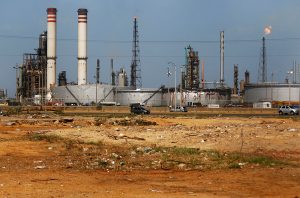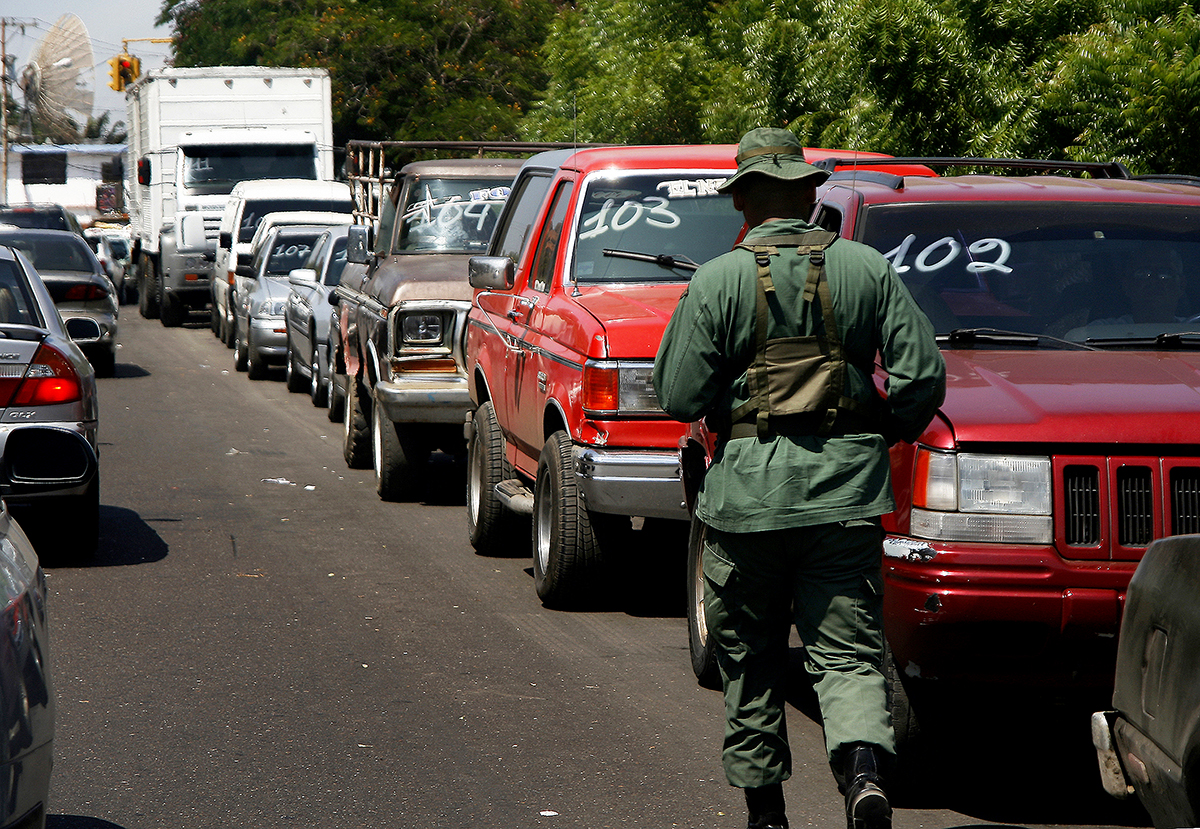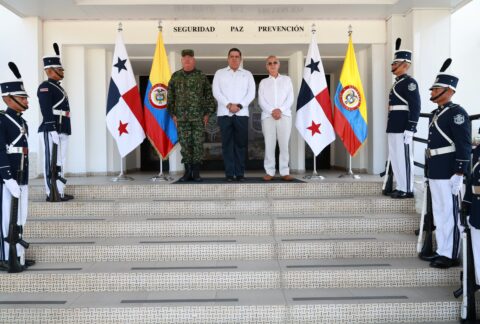Petrocaribe, the crude oil and gasoline trade alliance project between Venezuela and Caribbean nations, which the Venezuelan regime promoted for years, is in decline, and its failure is evident.
“The program is crashing rapidly due to the crisis in Venezuela and, more specifically, to the decline in production by Petróleos de Venezuela [PDVSA],” Mariano de Alba, a lawyer specializing in law and international relations, who is now in the United States told Diálogo. “Although they still make some shipments, the truth is that they have decreased to practically nothing. What still remain are million-dollar debts that the Caribbean countries owe Venezuela, but their current status is unknown.”
The long-standing crisis that PDVSA’s corrupt oil management has caused, doomed the partnership to failure, leaving most of Venezuela’s 17 Caribbean partners in an uncertain position.

“It’s a failed project that subsists because its beneficiaries need to get cheap oil, or practically for free because of their inability to pay, which continues to bleed out Venezuela’s coffers, leaving less resources for the elite in power,” Carlos Murillo, a specialist in international relations at the University of Costa Rica, told Diálogo. “It’s in decline because it cannot close down, but it cannot go on much longer either; there is no way to keep a terminally ill patient on life support forever.”
For his part, José Ricardo Thomas, a political scientist at the Central University of Venezuela, believes that the project still stands because it is fundamental for the structures of corruption of the Maduro regime.
“Petrocaribe was used to create a source of funding for all the leftist parties that were connected to the Hugo Chávez regime. Now it’s nearly gone, but the businesses set up with PDVSA money are still there; those businesses are still operating and have possibly shifted to narcotrafficking,” Thomas told Diálogo. “Petrocaribe has oil problems, but it continues to own all the companies that were created. The structures that support Chavismo and corruption continue to be rampant,” he added.
Geopolitical blow
The situation also highlights the serious problems affecting the Maduro regime and the countries that partnered with him in the last decade. “Geopolitically speaking, Petrocaribe’s decline causes Venezuela to lose political leverage in most Caribbean nations that supported Maduro. Some of them no longer depend on Venezuela, so they are taking positions that are very critical of what is happening in the country,” he said. “Nowadays, Venezuela is a power in decline. What keeps it as a player? Only the urgency of its partners to take full advantage of the situation and survive on Venezuelan welfare,” Murillo added.
This situation puts the countries that trusted Chavismo in a desperate situation, De Alba and Murillo agreed.
“The countries that depend on Venezuela don’t seem to have many options. Some have had to begin buying oil at market prices, while others are receiving help from other nations and international organizations,” De Alba said. “So far, it seems that all they can do is to continue exploiting Venezuelan oil, but this won’t last much longer,” Murillo concluded.









